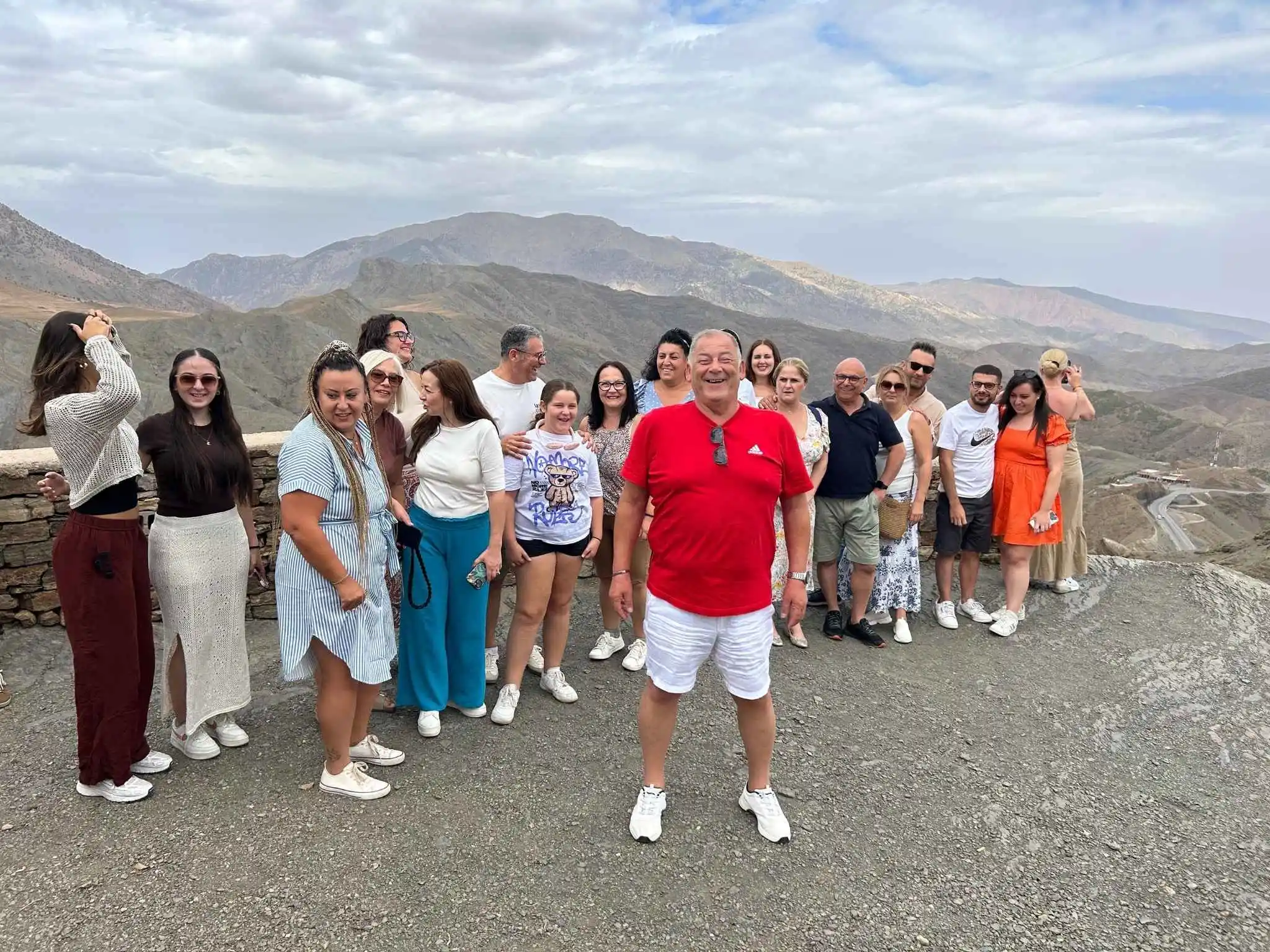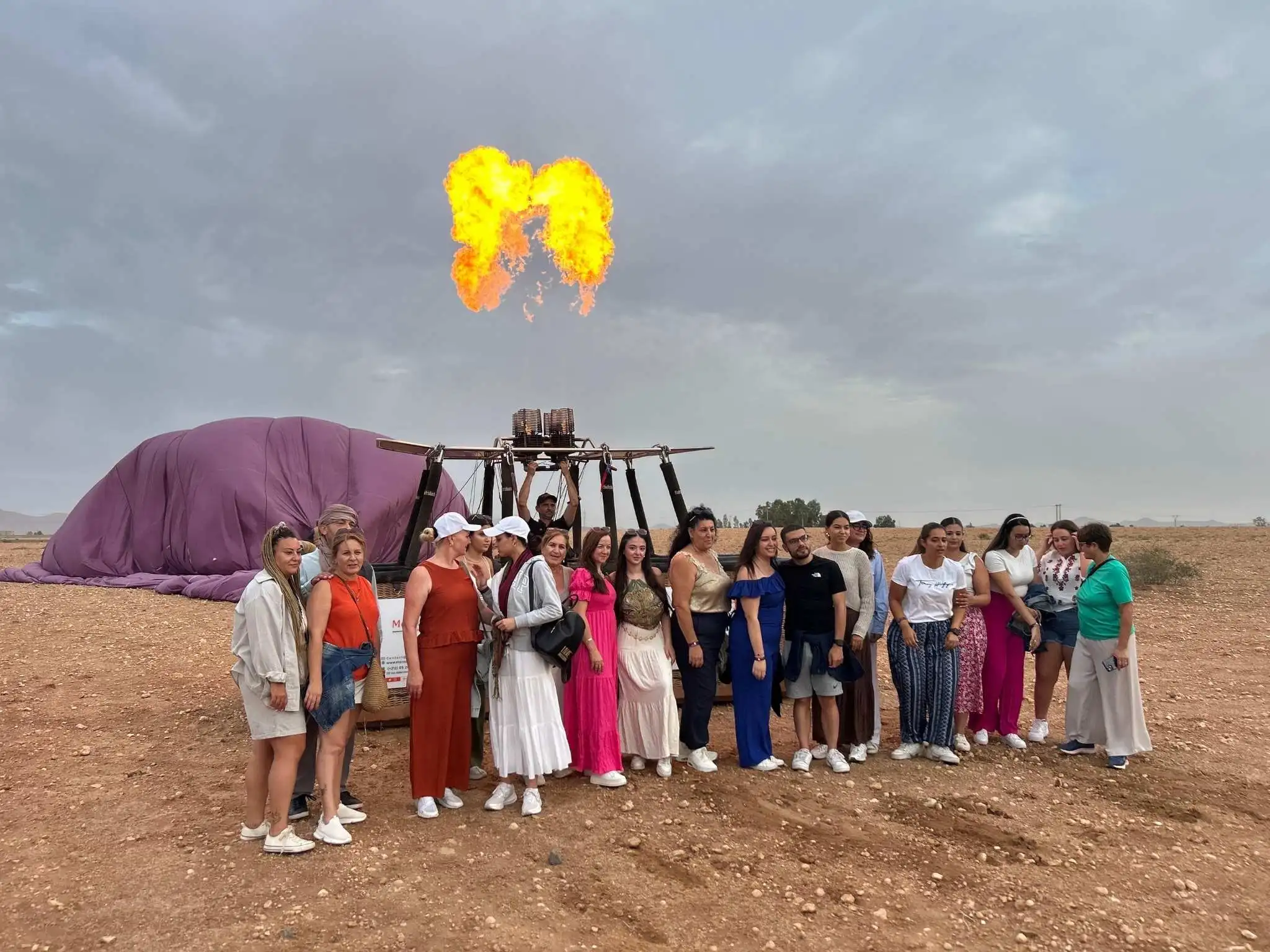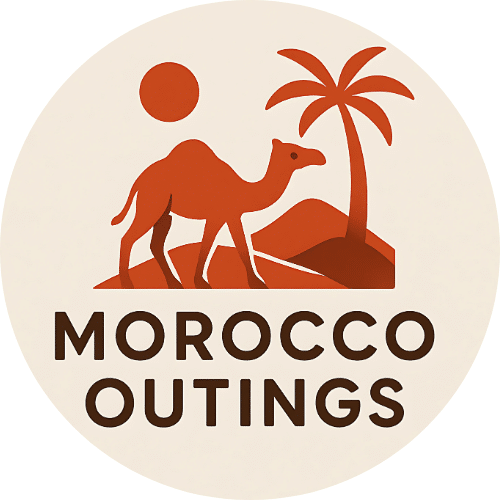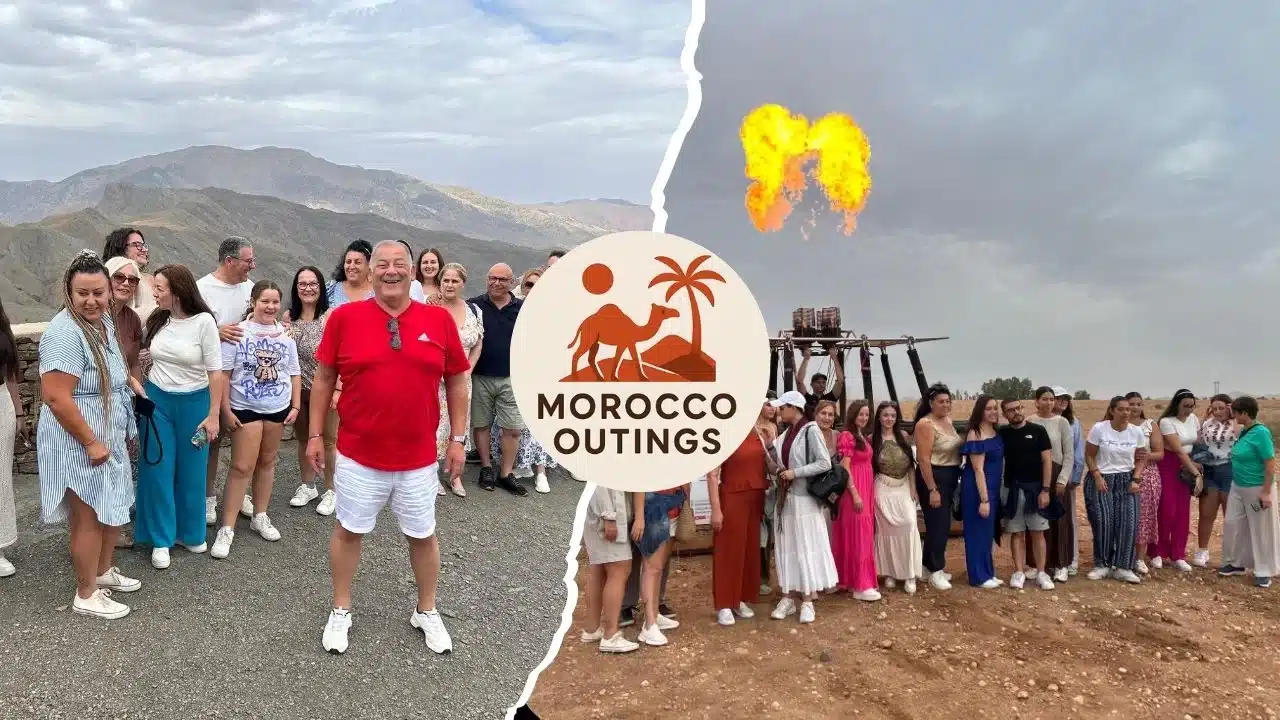Do Moroccans Dislike the Americans?
“Morocco stands at an interesting juncture: a country with clear aspirations for accountable governance and tangible economic progress, and a society whose everyday rhythms are anchored in modesty, hospitality, and faith. A recent public-opinion snapshot ahead of pivotal national elections highlights several themes that echo what travelers and observers encounter in daily life.
Democratic Aspirations Tied to Economic Priorities
First, Moroccans express a robust appetite for democratic governance. Roughly two-thirds say democracy is preferable to other systems, and about six in ten believe it is the form of government best equipped to tackle the country’s challenges. That optimism isn’t abstract; it’s closely tethered to bread-and-butter concerns. Eight in ten respondents say the government’s foremost task should be improving economic conditions—creating jobs, keeping prices stable, and broadening opportunity. In short, competence on livelihoods matters more than lofty rhetoric. The open question for the next governing coalition is whether it can make the difficult, sometimes unpopular, choices that accelerate growth while spreading the gains broadly.
Religion and the State: Public Preferences
Second, views on religion and the state reveal a notable tilt. By a margin of more than three to one (61 percent to 17 percent), respondents say Saudi Arabia provides a better template than Turkey for the appropriate role of religion in public life. At first glance, that seems to sit uneasily beside a strong embrace of democratic procedures. But public opinion often contains tensions: people can want both a voice in how they are governed and a social order that reflects deeply held moral norms. These are not neat, textbook categories; they are lived priorities.
Views on the United States: Skepticism and Pragmatism
Attitudes toward the United States are similarly layered. Only about one in five Moroccans registers a favorable view of the U.S., a coolness that will surprise few. Yet a majority also prefers that ties either remain about as close as they’ve been (35 percent) or grow even closer (20 percent), while 38 percent would like the relationship to loosen. In other words: skepticism on the surface, pragmatism underneath. Many see practical value in sustained engagement—investment, education and technology links, and security cooperation—even as overall sentiment remains cautious. For Washington, that combination is both warning and invitation: diplomacy that respects the public mood while delivering concrete benefits can still find room to run.
Daily Realities: Progress and Disparities
Those macro attitudes harmonize with what visitors experience at the human scale. Morocco is very much a developing country—its progress visible, its disparities, too. You’ll find polished, modern districts and impressive infrastructure alongside neighborhoods where budgets stretch thin and daily life moves at a hectic clip. Big cities can be crowded, traffic can feel chaotic, and some people are hustling hard to make ends meet. Travelers who arrive with empathy, patience, and flexible expectations generally fare best. The country’s contrasts aren’t a flaw in the trip; they are part of the context that gives conversations and encounters their depth.

The Throughline: Warmth and Hospitality
The most consistent throughline you’ll notice is warmth. Moroccans are famously hospitable—quick with a smile, quick to offer directions, and quick to switch languages to help you understand. There’s a deep cultural pride in receiving guests: mint tea appears unbidden, small kindnesses accumulate, and casual chats often unfold in two or three languages. Many people are openly curious about visitors’ lives, and you may be asked for your take on movies, music, sports, or the latest pop-culture moment. Whatever your passport, expect personal interactions that feel welcoming and human. Critical opinions about foreign politics do exist—as they do everywhere—but they rarely block ordinary, friendly connection.
Social Rhythm and Cultural Influences
Socially, Morocco skews conservative, with Islam shaping much of the public rhythm. Religious holidays and prayer times give structure to the week and to the year; family and respect for elders anchor the social fabric; and Amazigh (Berber), Arabic, and French influences coexist in everyday life. Visitors who recognize this cadence tend to have smoother, richer experiences—not because they’re following a script, but because they’re reading the room.
Modesty in Dress and Public Behavior
That conservatism expresses itself most clearly in dress and public behavior. Local men commonly wear long pants; T-shirts are standard, while sleeveless tops can read as a bit much in many contexts. Women’s attire varies widely: from long trousers and loose blouses with sleeves to outfits that cover arms and legs and often the hair with a hijab. Full-body coverings exist but are far from universal. The baseline is modesty—clothing that isn’t tight and that covers shoulders and knees. In some cosmopolitan or youth-centric spaces, styles trend more fashion-forward, but the broad norm remains more covered than in many Western cities. see What to Wear in Morocco
What Visitors Wear: Context Matters
Western visitors can dress Western, but a little adjustment goes a long way. In tourist-heavy areas and major hotels or resorts, shorts and lighter outfits are common and generally fine. Out in neighborhoods, markets, or smaller towns, longer hemlines and looser fits are both respectful and more comfortable. Think breathable fabrics, sleeves you can roll down, and layers for shifting weather. If you forget and wear something too revealing for the setting, you’re unlikely to cause a scene—people are used to visitors—but you’ll blend in more easily and attract less attention when you align with local norms.
Everyday Etiquette and Norms
Etiquette matters, too. Public displays of affection are toned down. Alcohol is available in some venues but doesn’t occupy the same everyday role it might elsewhere. During Ramadan, it’s considerate not to eat or drink in public during daylight hours. A few basic phrases—hellos, thank-yous, pleases—go an impressively long way, as does the habit of greeting people before you ask for help. Conversations often begin with pleasantries; that’s not filler, it’s a sign of respect. In shops and markets, bargaining is part of the dance: keep it friendly, know your ceiling, and be willing to walk away with a smile. see Do’s and Don’ts while visiting Morocco
Navigating Contrasts and Staying Street-Smart
Because Morocco is developing, you’ll encounter contrast—gleaming malls next to traditional workshops, chic cafés a short walk from streets where livelihoods are precarious. Keep your wits about you, use common-sense travel habits, and you’ll likely feel safe and welcomed. Petty hassles can happen—offers you didn’t request, prices that start high—but a firm “no thanks,” a bit of humor, and polite bargaining usually do the trick. If something feels off, step into a busier area, ask a nearby family for help, or duck into a shop.

Language as a Bridge
Language can be a bridge more than a barrier. Moroccan Arabic (Darija) is widely spoken; Amazigh languages are common in many regions; French helps in business and services; and English is increasingly common among younger people and in tourism. Don’t be shy: gestures, smiles, and a handful of words can open doors. If someone toggles between languages mid-sentence to help you track the conversation, that’s not confusion—that’s hospitality.
What It All Adds Up To (Synthesis)
Bring these pieces together and a clear picture emerges. Politically, Moroccans want responsive institutions and economic results, and many favor a public role for religion that aligns with social expectations. Internationally, there’s skepticism shaded by pragmatism: a willingness to keep ties useful even when affections are cool. Socially, life leans conservative, but personal interactions are generous and open-handed. For policymakers, that mix is both constraint and opportunity; for travelers, it’s an invitation to meet people where they are—respectful of custom, alert to context, and curious about the world.
Practical Mindset for Travelers
Plan and pack with modesty and flexibility in mind; approach conversations with patience and good humor; and you’ll find the signature warmth of Moroccan hospitality waiting for you. Do that, and the macro will make sense through the micro: the poll numbers will feel less like abstractions and more like the living texture of a society balancing change with continuity—one cup of mint tea, one neighborly gesture, one good conversation at a time.”

